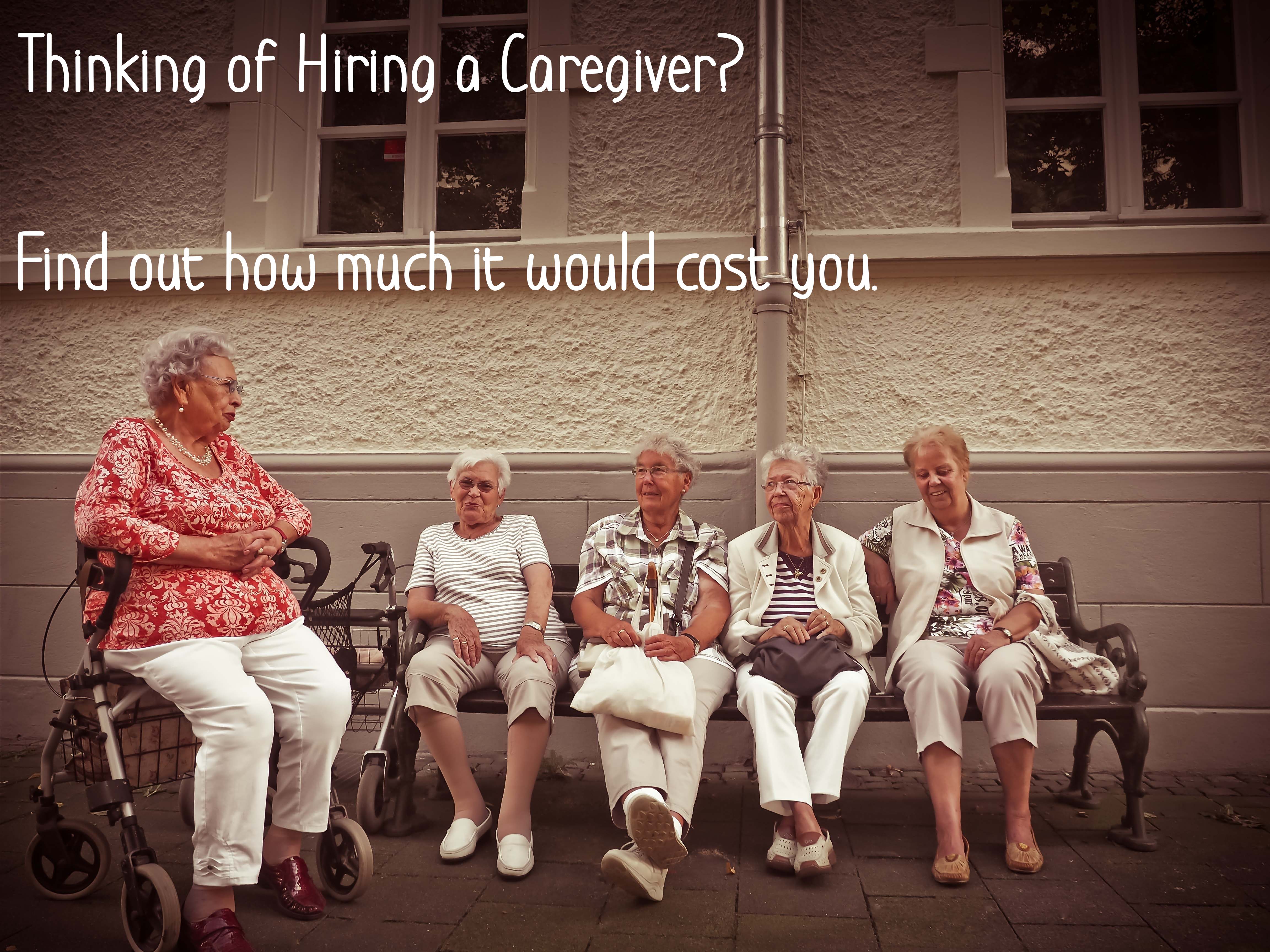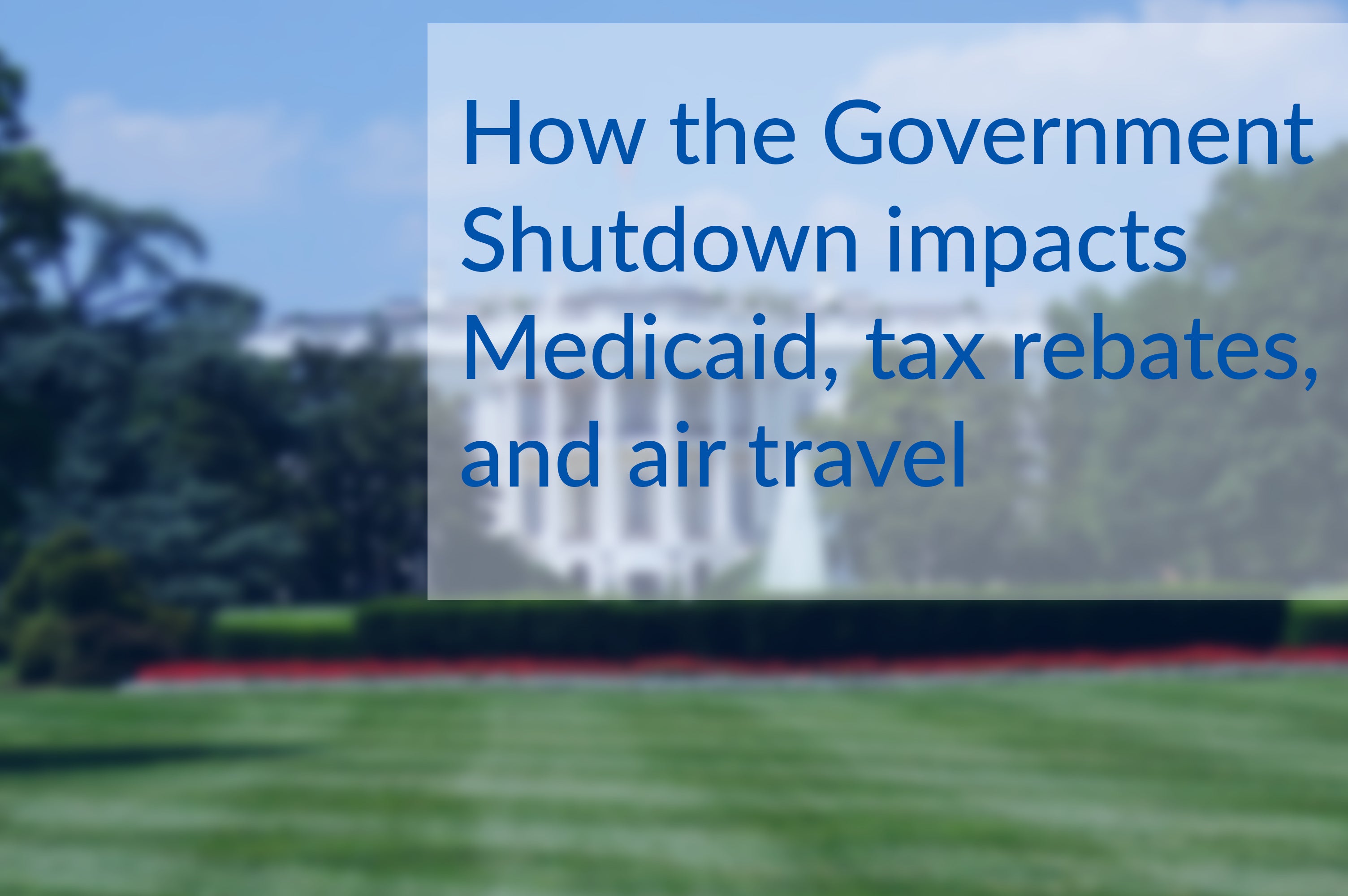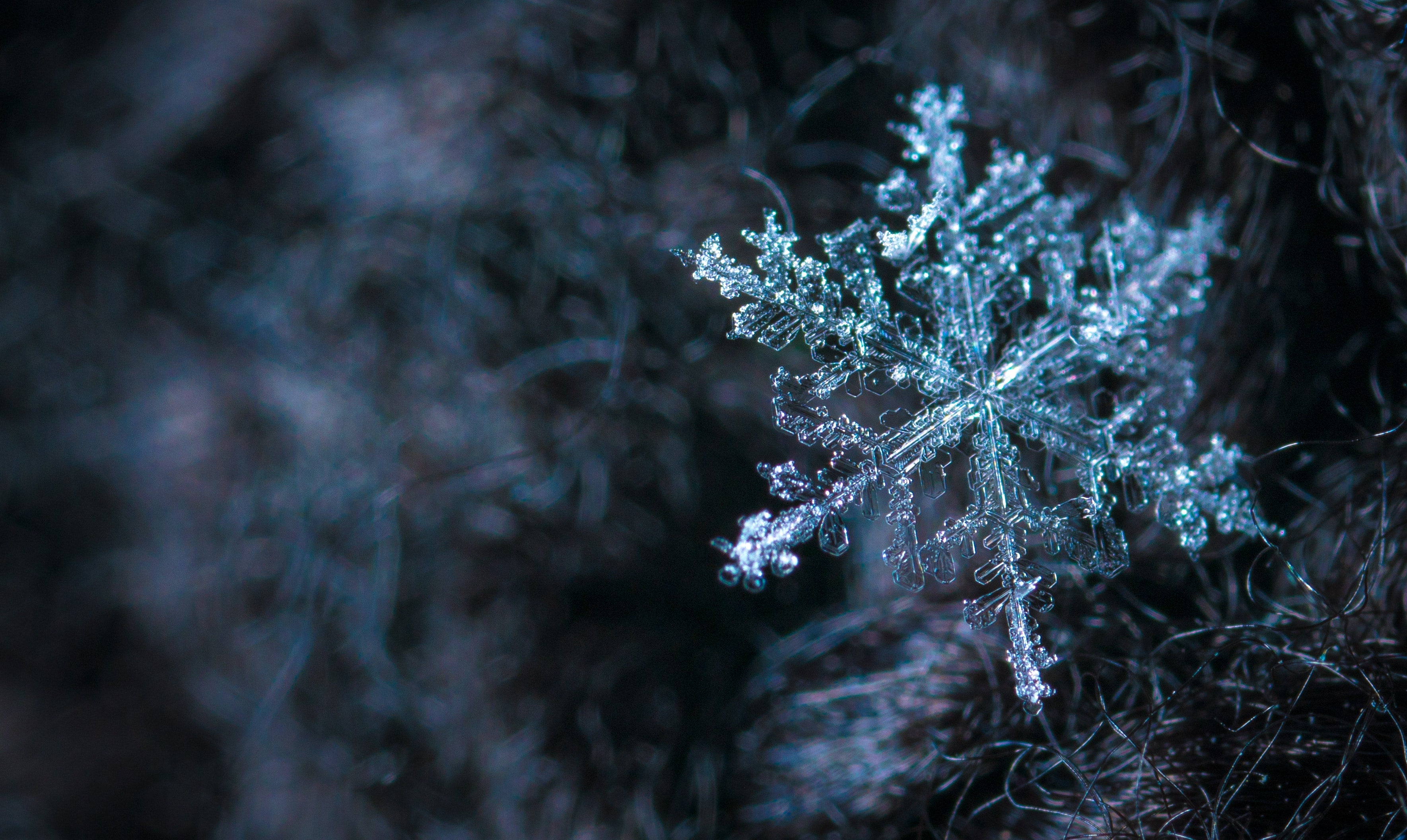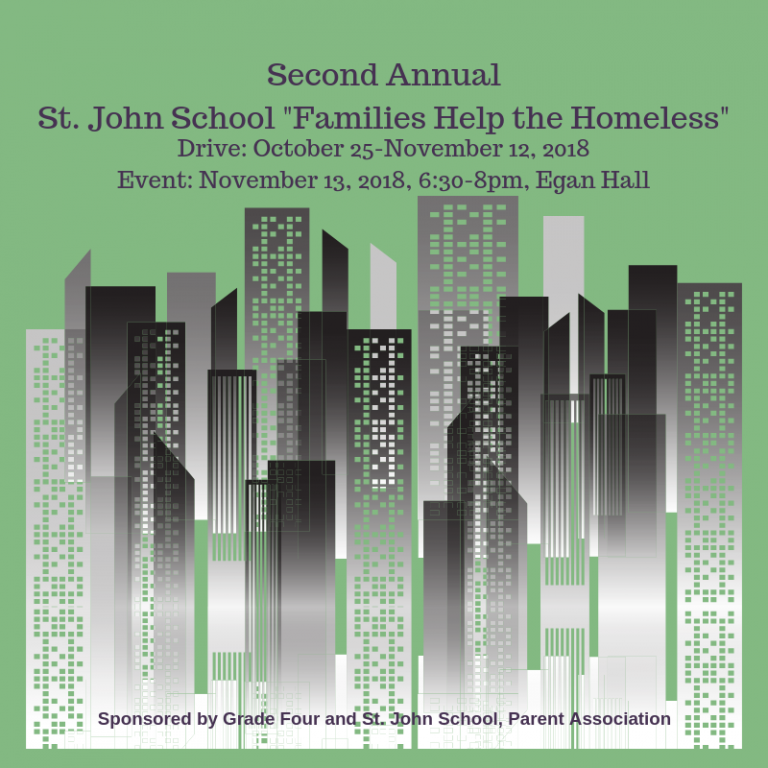Energy Boosters Are Poor Substitutes for Sleep
 When you’re living with less sleep than your body needs to operate, it’s tempting to go the easy route and keep yourself alert with caffeine and sugar. But these quick fixes can make things worse in the long run.
When you’re living with less sleep than your body needs to operate, it’s tempting to go the easy route and keep yourself alert with caffeine and sugar. But these quick fixes can make things worse in the long run.
Sugar brings a quick crash
Sugar can give you a temporary energy boost, but when that “high” wears off, you may become even sleepier and slower to react, according to a 2006 study from England’s Loughborough University.
“Sugar is not the best way to stimulate the brain,” says Ralph Downey III, PhD, director of the Loma Linda University Sleep Disorders Center in California. “It doesn’t have the value that caffeine does for the short boost.”
For a boost to get you through the day, you’re better off with a small snack; aim for a combination of protein and carbohydrates, like an apple with peanut butter. But don’t eat too much: A full stomach can make you even more tired.
Caffeine is a sleep stealer
Caffeine—and coffee in particular—poses the opposite problem. Within 15 minutes of drinking a cup, you’ll have the jolt of energy you were looking for. But since caffeine can stay in your system for 12 hours, its effects continue long after your latte is gone.
That’s why experts recommend quitting coffee altogether if you have difficulty sleeping at night, or at least stopping after your morning cup. Soda and chocolate generally contain less caffeine than coffee, but if you are sensitive to even small amounts, they can cause problems—especially in excess or too close to bedtime.
Even decaf drinkers should beware: A 2007 Consumer Reports study found that “decaffeinated” coffees sold at several chain restaurants varied widely, containing up to 32 mg of caffeine per cup—about the same amount in 12 ounces of cola. This amount of caffeine won’t keep most people up, but if you are particularly sensitive, two or three cups might.
Still, for some insomniacs, the need for caffeine is so great that they will sacrifice their sleep in order to stay alert during the day—creating a vicious cycle of sleeplessness. Jacqueline Cutler, 49, is one of them: While most coffee drinkers average three cups a day, she drinks six.
Caffeine props her up during the day. Once the coffee starts flowing, “I just go into automatic,” says Cutler, a journalist in suburban New Jersey. “If a story is due or I have to go somewhere, I just do it.” Cutler did make an effort to eliminate coffee from her diet, but she ended up getting headaches.
She now drinks six cups a day and is awake from 2:30 to 5:30 every morning. At this point Cutler may need the help of a doctor—and either temporary medication or cognitive-behavioral therapy sessions—to gradually get better sleep and break her dependence on coffee.
Source: http://www.health.com
- Tags: Uncategorized
- Professional Medical














Comments 0